Rwanda’s Green Revolution: A Year of Environmental Milestones in 2024
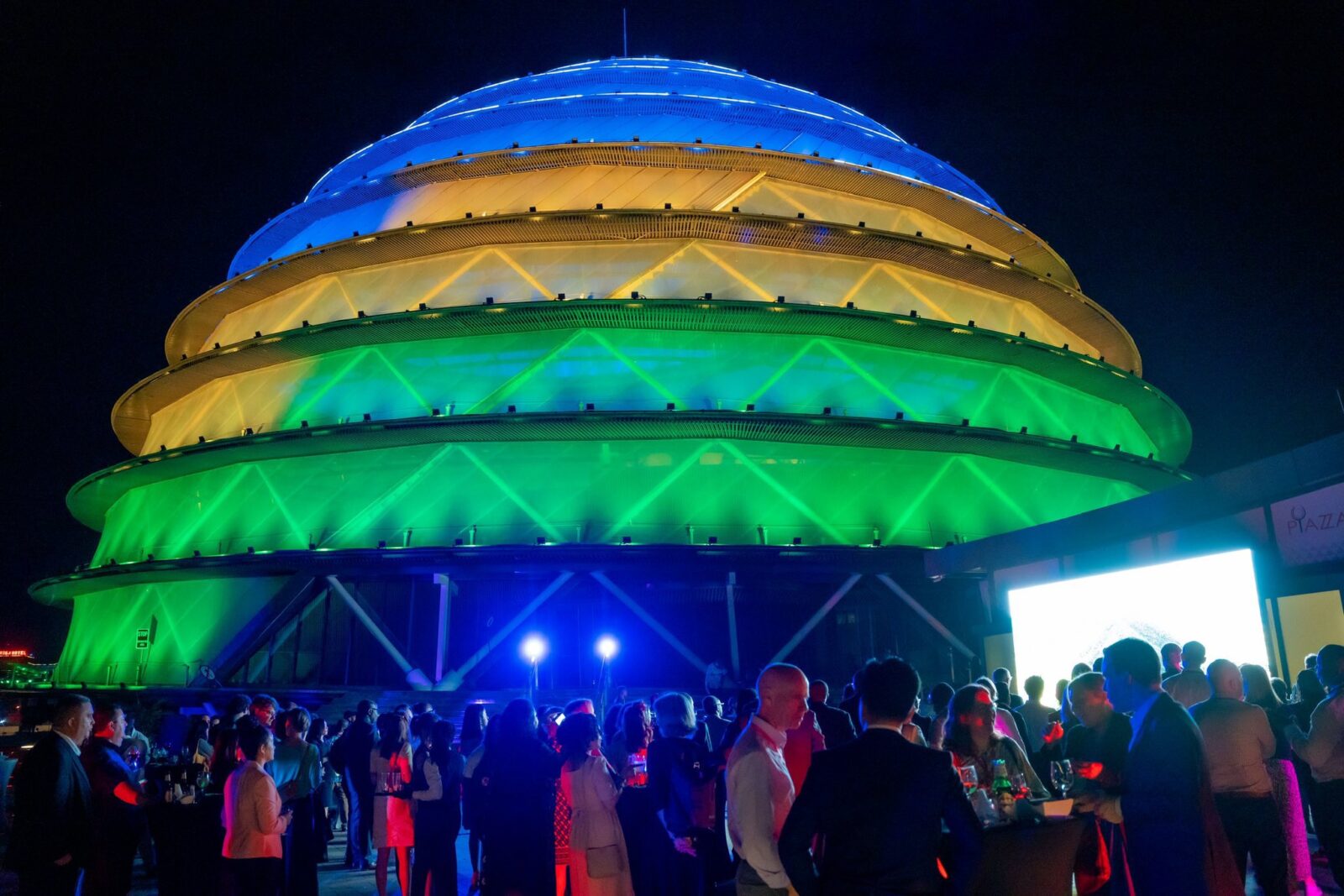
As 2024 draws to a close, Rwanda has showcased a profound commitment to environmental sustainability and climate resilience through a series of remarkable initiatives. The country’s efforts not only highlight its dedication to combating climate change but also position Rwanda as a leader in global environmental stewardship. Here’s a recap of the key milestones achieved throughout the year.
1. Rehabilitation of Kigali’s Wetlands
In a significant move, Rwanda launched a four-year project aimed at rehabilitating five wetlands in Kigali. This initiative is designed to reduce flood risks, restore biodiversity, enhance water quality, improve the urban landscape, and provide recreational opportunities. According to Minister of Environment Jeanne d’Arc Mujawamariya, “This project is a testament to our commitment to sustainable urban development and biodiversity conservation.”
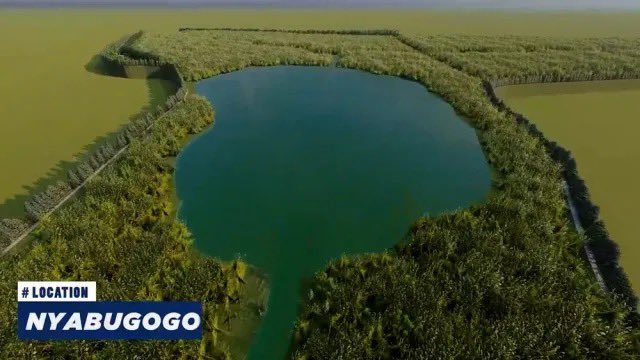
2. Hosting the 38th Green Climate Fund Board Meeting
In March, Rwanda hosted the 38th Board Meeting of the Green Climate Fund (GCF). As the first country to have a government institution accredited to directly access climate finance through the GCF, Rwanda’s partnership with the fund emphasizes its proactive approach to securing resources for climate initiatives. “Rwanda is setting a precedent for other nations by demonstrating how to effectively engage with global climate finance,” noted a GCF representative.
3. Global Plastics Treaty Proposal
Rwanda, alongside Peru, submitted a proposal to host the Global Plastics Treaty Diplomatic Conference in Kigali. This initiative aims to address the pressing issue of plastic pollution on a global scale. As stated by the Minister of Environment, “This conference will be a pivotal moment for international cooperation on plastic waste management.”
4. Launch of the Kigali Climate Talks
In May, the Kigali Climate Talks were launched, a series of events designed to foster dialogue and action on climate change. Hosted by the Ministry of Environment and the German Embassy in Rwanda, these talks aim to facilitate international agreements and obligations. “Through these talks, we are creating a platform for collaborative solutions to climate challenges,” said a representative from the German Embassy.
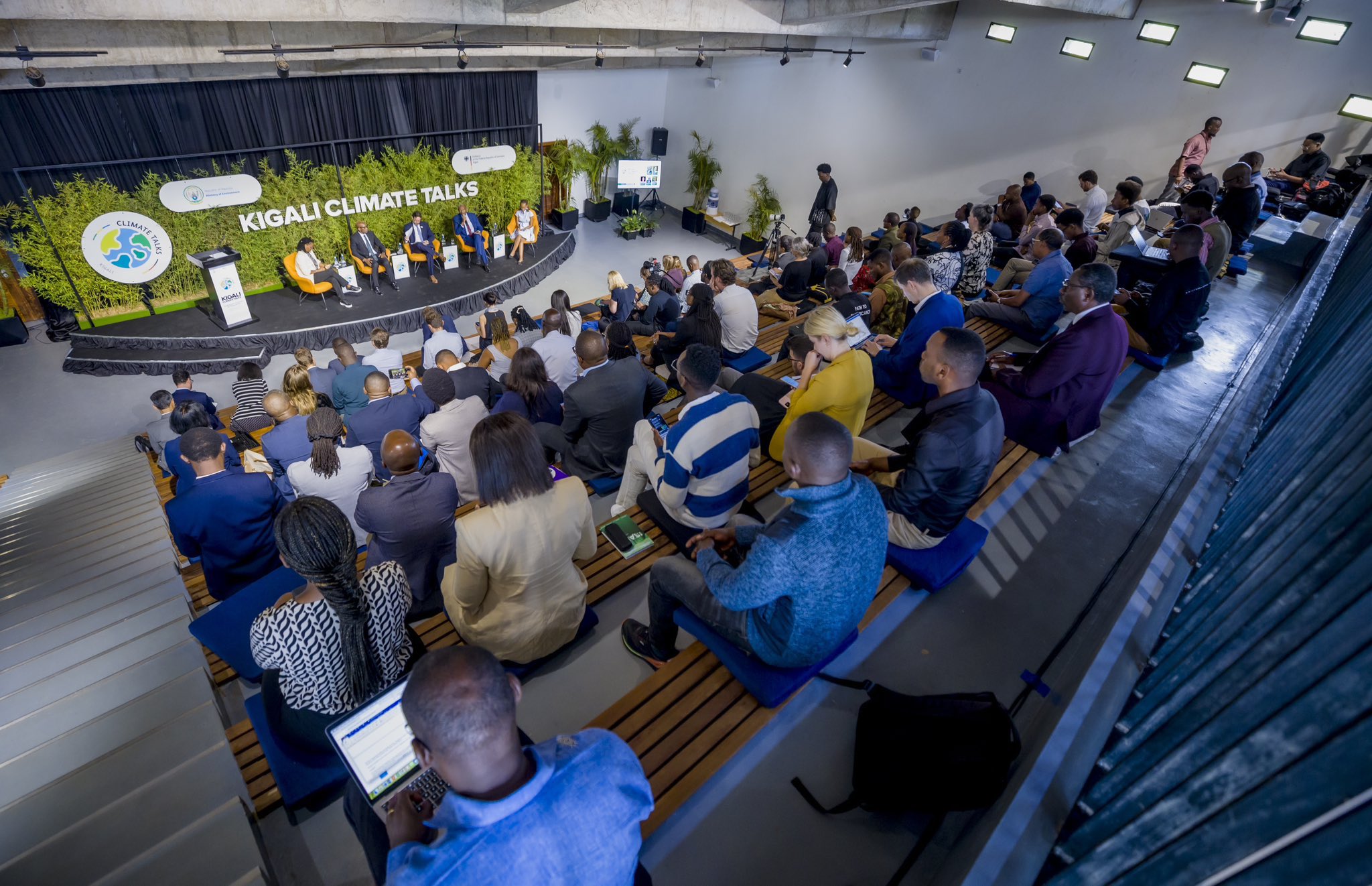
5. Agroforestry for Sustainable Agriculture
The Government of Rwanda initiated the Development of Agroforestry for Sustainable Agriculture project, which will be implemented over five years in the Southern Province and Gakenke District. This project is part of the Forest Investment Plan and aims to promote sustainable agricultural practices. Research indicates that agroforestry can increase crop yields by up to 20%, providing both environmental and economic benefits.
6. Approval of Transformative Investments
The Green Fund Rwanda approved its first ten transformative investments, amounting to Rwf 43.6 billion, through Intego, Rwanda’s Nationally Determined Contributions (NDC) Facility. This funding is crucial for implementing climate-resilient projects across the country.
7. Municipal Waste Valorization Facilities
In partnership with the Global Green Growth Institute and the City of Kigali, the Ministry of Environment inaugurated pilot municipal waste valorization facilities at Nduba Dumpsite. This initiative is part of the Waste to Resources Project, aimed at enhancing waste management and promoting recycling. “Effective waste management is critical for a sustainable urban environment,” emphasized a GGGI representative.
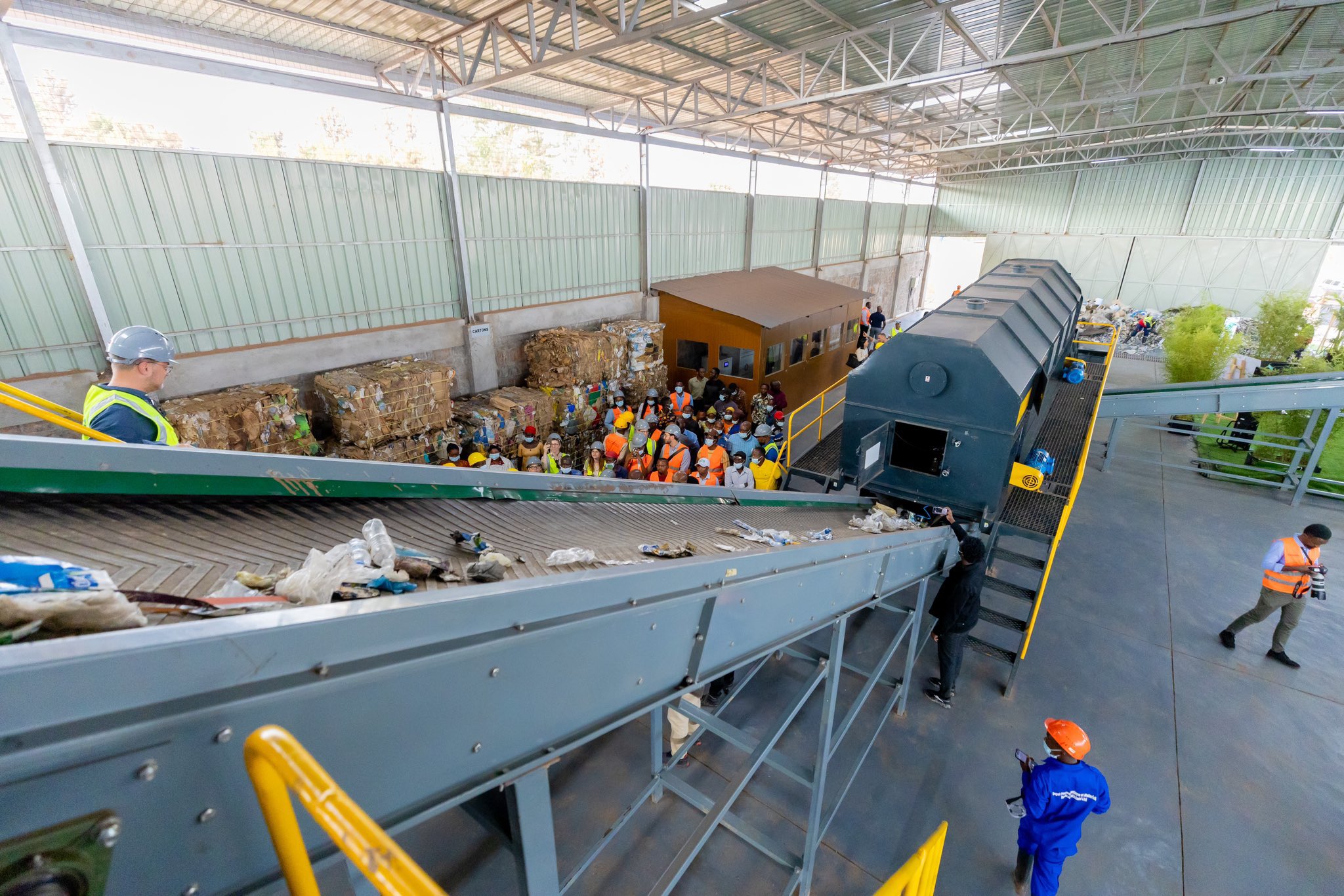
8. CND Project for Climate Resilience
The Ministry of Environment launched the $39.1 million Climate and Nature Development (CND) project, which seeks to build resilience against climate variability in the Congo Nile Divide region. This project focuses on forest and landscape restoration, vital for maintaining ecological balance.
9. Cooperation with the Swedish Energy Agency
A Memorandum of Understanding was signed between the Ministry of Environment and the Swedish Energy Agency to cooperate on implementing Article 6 of the Paris Agreement, which relates to carbon markets. This partnership is expected to enhance Rwanda’s capacity to leverage carbon finance for sustainable development.
10. Green City Kigali Project
The GCF approved the Green City Kigali Project, a $28 million initiative aimed at showcasing sustainable urbanization through climate-resilient, low-emission infrastructure development. This project aligns with Rwanda’s vision of becoming a green city and a model for urban sustainability.
11. Climate and Nature Finance Strategy
Through Rwanda Finance, the government launched the Climate and Nature Finance Strategy, a comprehensive framework designed to accelerate investment in climate action and nature conservation. This strategy aims to mobilize significant financial resources for environmental initiatives.
12. Participation in the UN Climate Change Conference
Finally, Rwanda joined global leaders at the UN Climate Change Conference in Baku, Azerbaijan, where its delegation highlighted the country’s potential as a prime destination for green investment. “Rwanda is ready to welcome investments that prioritize sustainability and climate resilience,” stated a member of Rwanda’s delegation.
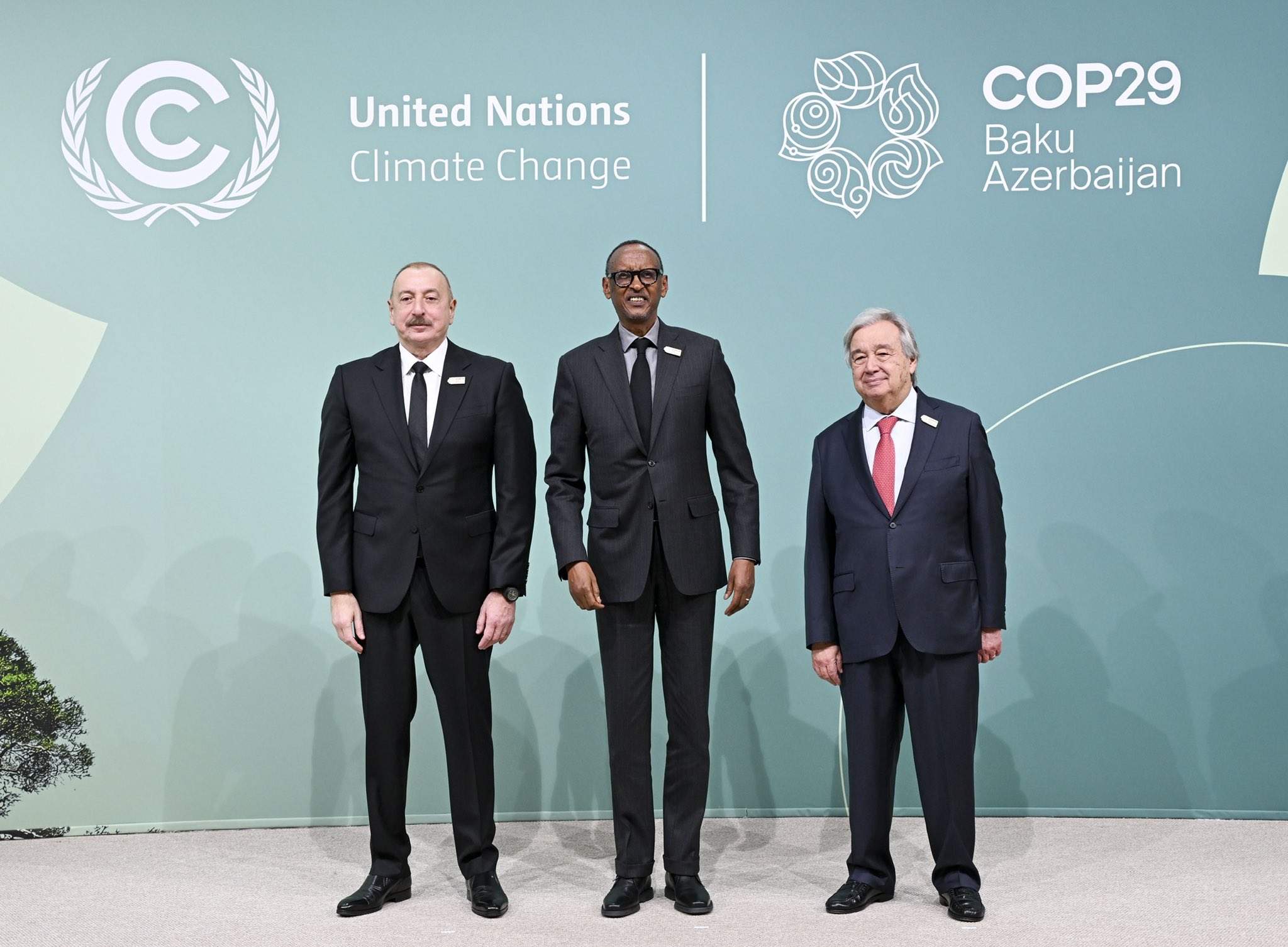
Rwanda’s proactive initiatives in 2024 reflect a deep commitment to environmental sustainability and climate resilience. With strategic partnerships, innovative projects, and a clear vision for the future, Rwanda is not only addressing its own environmental challenges but also setting a benchmark for other nations to follow. As the world grapples with the effects of climate change, Rwanda’s journey offers hope and inspiration for a sustainable future.
Trending Now
Hot Topics
Related Articles
Worm Tea: A Natural Path to Farming Without Harmful Chemicals
For much of his early farming life, Isaac Mubashankwaya believed chemical fertilizers...
Enroll Now Before 31 December 2025: International German Language Exams Launch in Rwanda
Rwanda will host the European Consortium for the Certificate of Attainment in...
Rwanda Validates Environment and Climate Change Mainstreaming Strategy 2024–2029
This Tuesday, 23 December 2025, the Rwanda Environment Management Authority (REMA), in...
Rwanda Opens New Doors with International German Language Certification
Rwanda has taken a significant step in expanding access to global education...


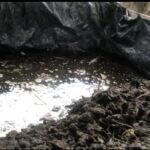


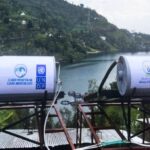

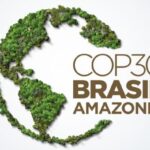
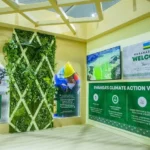

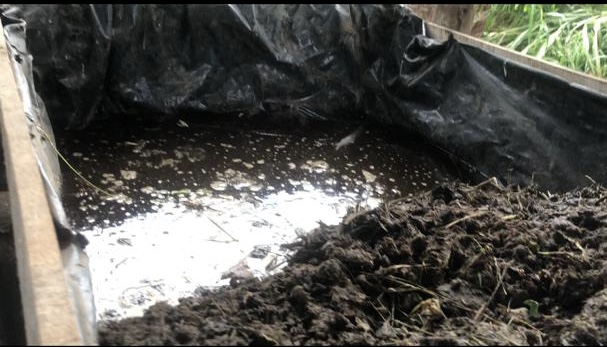
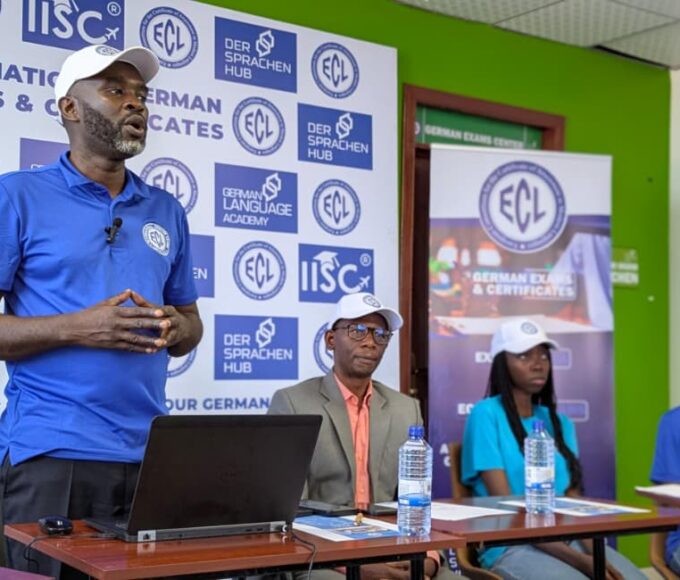
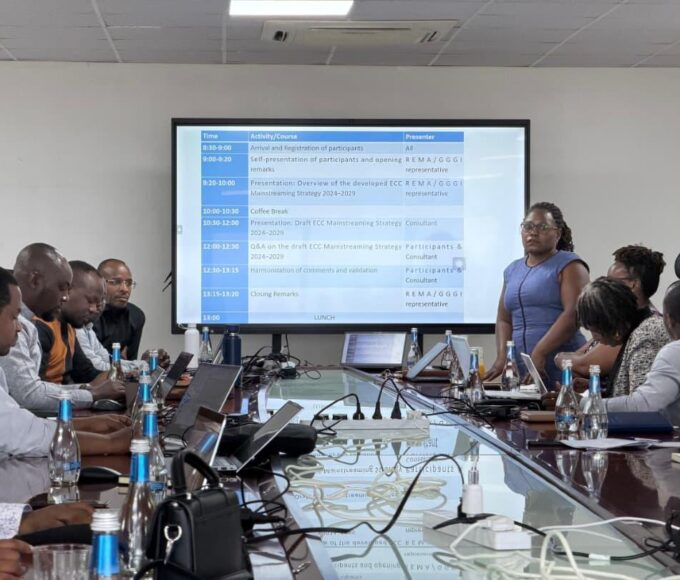

Leave a comment